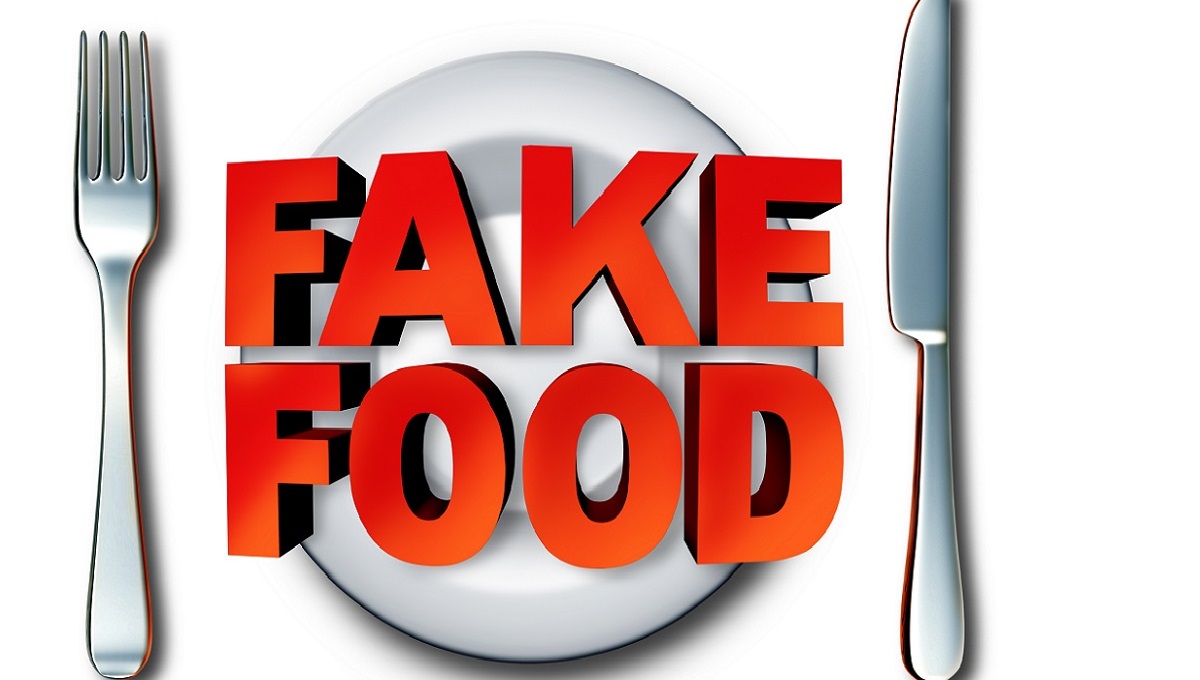Raw pet food, smokies, and unapproved producers were some of the issues identified by food agencies in the United Kingdom in a report on food crime. Details come from the 2024 Food Crime Strategic Assessment published by the Food Standards Agency (FSA) and Food Standards Scotland (FSS). Food crime costs the UK up to £2 billion ($2.
6 billion) annually. Seven types of food crime are listed: document fraud, theft, waste diversion, unlawful processing, substitution, misrepresentation, and adulteration. FSA and FSS said factors such as the conflict in Ukraine, attacks on Red Sea cargo ships, and legislation changes have disrupted the food chain and contributed to the changing threat of food crime .
Since the 2020 assessment, there has been a reduction in the entry of illicitly gathered shellfish into the UK food chain, likely driven by changes to exports after leaving the EU. Some reporting features cockles, Manila clams, and oysters from unclassified beds or overfished from classified beds in many UK regions. Consumption of shellfish from such areas can pose a threat to public health.
Intelligence regarding falsified horse passports has fallen significantly since the previous assessment. However, there was a rise in retail availability of illicit imports in the UK, referred to as grey market goods. Non-compliant alcohol, confectionery, soft drinks, and meat products have been found in convenience stores.
Issues include non-compliant labeling for allergens and non-permitted ingre.

















